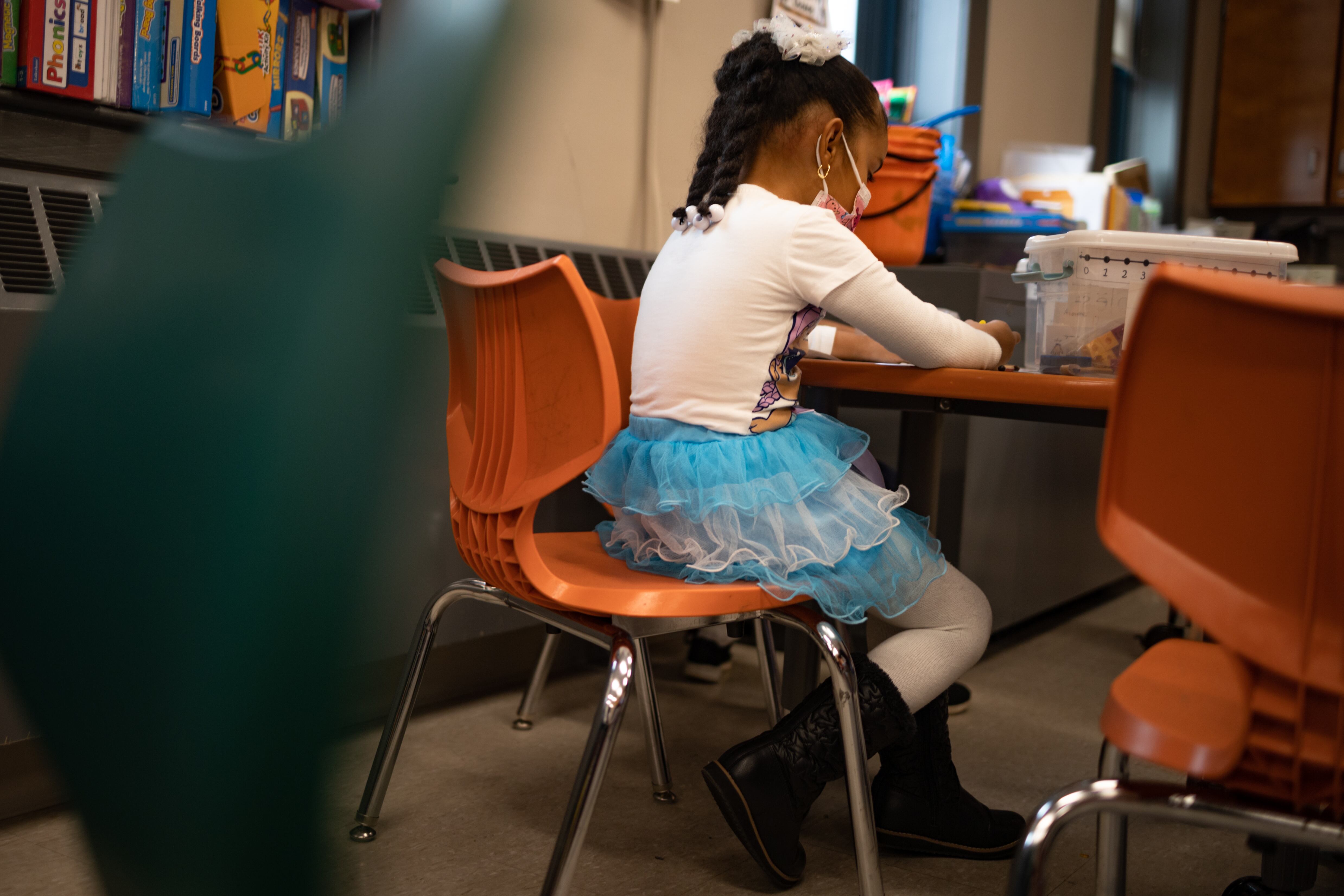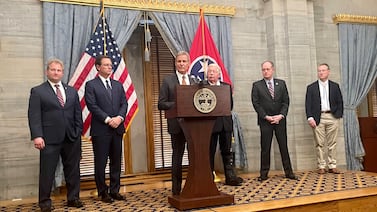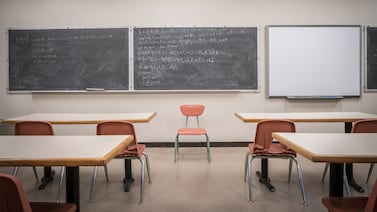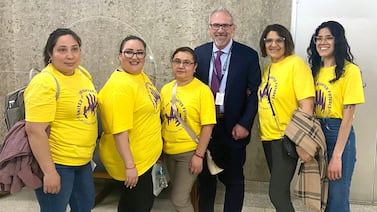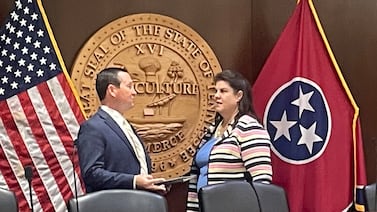The Philadelphia school district modified its protocols Friday for staff and students who have had “close contact” with someone known to be infected with COVID. Instead of entering a mandatory 10-day quarantine, they can go to school as long as they wear masks, the district said. But if they experience any symptoms, they must isolate and get tested before returning to school, according to the new guidance.
Under the new guidance, people who have been exposed but are asymptomatic must wear a mask in school for 10 days after their last known exposure “regardless of vaccine status.”
The so-called “mask-to-stay” option comes a little more than a month before the end of the school year and as cases in the city are on the upswing. On Monday the city reported an average of 261 new cases per day, which Philadelphia described as a “less than 50% [increase] in the previous 10 days.” There were 112 hospitalizations as of May 11, according to the city’s data.
“Requiring students who have been exposed to COVID-19 but are not exhibiting any symptoms to quarantine at home has the unintended consequence of reducing in-school learning,” Superintendent William Hite told parents and guardians in a Friday letter.
The change was made at the recommendation of the Philadelphia Department of Public Health, Hite said.
In general, masking is optional in schools. The district ended its mask mandate on March 9, although it did require masks for the week after spring break last month, and masking is still required in early childhood education classrooms.
In a statement, district officials said that the “in-school alternative to quarantining” is meant to “support in-school learning and reduce the strain on classroom coverage.” The district is experiencing a shortage of substitute teachers, and this year some schools have struggled to have enough staff on hand to open safely.
Schools that are experiencing “active clusters” of cases across grades or cohorts can require mandatory masking.
At least one school, Masterman, is experiencing an active cluster and therefore is requiring masks, said Principal Jeannine Payne. She said she decided to require masks based on recommendations from the city health department and the district’s Office of Student Health Services. She said students accounted for most of the recent COVID cases.
Masks will be mandatory at Masterman, a magnet school with students in grades 5-12 from all over the city, until May 23.
Robin Cooper, president of the Commonwealth Association of School Principals, did not say she disagreed with the decision, but did criticize the district for not consulting first with its union leadership.
“There was no discussion,” she said, adding that “schools have had to shut down multiple grades, the virus is so widespread.”
Currently, there are no Philadelphia public schools closed due to COVID outbreaks.
According to the district’s statement, officials “will continue to work with [the health department] to closely monitor COVID case counts and implement any actions needed to protect the health and well-being of everyone in our schools.”
The district maintains a dashboard of COVID cases that tracks tests and positive results. It shows that nearly 15,000 of 138,000 tests administered to students and staff, or nearly 11%, have been positive throughout the school year. The dashboard also tracks the number of cases school by school.
“Everybody just wants to get to the point where we can say things are normal again,” Payne said. “Then things like this pop up. This is not normal.”


